Opinion: Future on the line, no teen should sit back and watch
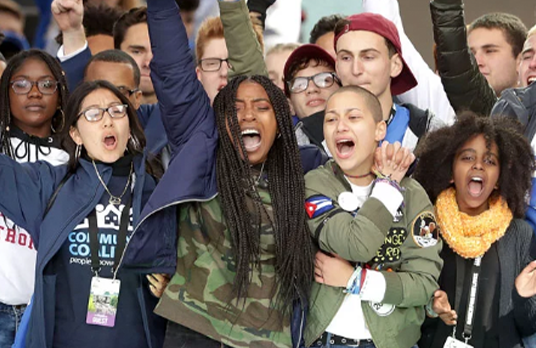
Teenagers from all over the nation have used their voices to make a difference in the political landscaping, participating in things such as protests.
Before the 2016 election, I rarely spared a second thought to politics or the American government. The sum of my political knowledge was practically that Barack Obama was president and had been since I was four. Of course it was only natural that as a twelve year old, I was not well acquainted with the world of politics, but that mentality would not live on in my mind for much longer.
In seventh grade, I was in a Civics class, and around November, we had some assignments which revolved around the election. I remember watching one of the presidential debates live and taking notes on each candidates’ points and arguments to discuss in class the following day. I was also familiar with the many political discussions my parents and older brother would have, sharing opinions and concerns surrounding the upcoming election.
At the time, I hardly understood the content of their discussions, and even some of the topics deliberated in the presidential debates flew over my head, completely foreign to me. Regardless, I seemed to have an unappeased desire to listen and learn whenever the topic of politics was up for debate. While my immediate family was pretty coherent in their political stances, seeing the discourse throughout the country, especially in the debates and on social media, intrigued me greatly. So, as a combined result of the election and my new exposure to the world of government, I decided I wanted to become familiar with politics, and form opinions based on my own education.
Slowly but surely, I found myself learning details about the world of politics that I had hardly even known existed before. My passion for politics had been ignited, and it was something that would continue to last—and, if anything, strengthen—for the years to come. About a month ago, I watched the 2020 presidential election unfold, nervously awaiting the results that could define the next four years of American politics.
On the opposite side of the spectrum from me though, were teenagers who were fully indifferent towards politics and the election. Of course I had been acquainted with the concept of people who never paid as close attention to politics as I did, but it was still hard to fathom the idea that some teenagers simply did not care at all. Even if they were not yet old enough to vote, why would they simply not care? The world of politics has just as much of an influence on younger generations as it does on those who are old enough to vote and play an active role in the government, if not more.
Most glaringly, policies and issues facing the American government now will not simply resolve themselves immediately, but will continue to affect the next generation over time. Even if certain issues, like tax plans, do not seem to matter much to your life now. However, it will in the future, being educated on such topics now is extremely beneficial in the long run.
The way that the government currently handles, for example, climate change and global warming will have profound and preeminent effects on the future of the country, and even the world. For instance, in June 2017, Donald Trump announced that the United States would drop out of the Paris Climate Agreement, thus halting America’s progress in the fight against climate change and indirectly causing detrimental environmental damage. When government officials allow major corporations to continue causing harm to the environment now, it sets the country up to see adverse effects to the ecosystem in the next few decades, that will not be at all as easy to correct as they currently are.
More than current governmental proceedings and the harms they could have on the future, much of what the government does, or fails to do, has major impacts in today’s world. For example, the government’s shortcomings during the COVID-19 outbreak have caused the United States to be one of the only countries in the world that is still acutely fighting against the pandemic.
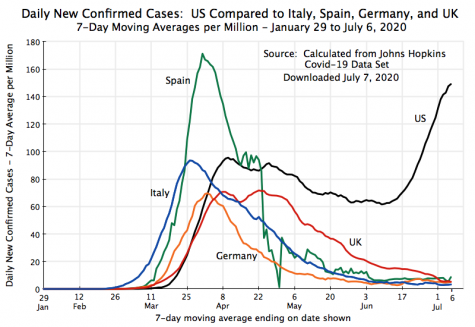
Even issues that deserve immediate and profound change, like the prevalence of systemic injustices and racism throughout the nation, have been overlooked by the government and continue to cause problems for people of color everyday. Educating yourself on such topics and attempting to hold the government accountable however possible is necessary, as blind faith in the government and its policies causes ignorance and a dangerous mentality amongst citizens.
Sophomore in college, Bella Mahal, explains why she is so passionate about politics and believes others should be as well. “They are integrally tied up with human rights. I believe firmly that every person has a responsibility to be aware and take action when someone’s basic human rights—to health, to shelter and security, to freedom from discrimination—are in jeopardy, regardless of whether legislation affects them personally.”
There may not seem to be many ways for teenagers to directly impact the government and hold them accountable for actions that could negatively influence the future, but there are things that make this accountability possible. Actions such as signing petitions, attending protests—safely, and abiding by Centers for Disease Control and Prevention guidelines—emailing and writing to people in positions of power, and many other efforts allow younger generations to make their voices heard.
Even if you are unable to participate in such efforts, the simple act of educating yourself and understanding the ins and outs of government and politics so as to not continue in ignorance makes a major positive impact. Ignoring or not paying attention to politics in America is a dangerous thing, as, even if you are not personally and directly affected by things the government does; people throughout the country are constantly influenced by the reverberating impact of politics in the United States.
Mahal has been an active participant in the world of politics, but she believes that not every action has to be a radical one; even small actions can have major positive effects. “I have participated in actions from occupying a campus building to demanding fossil fuel divestment to mailing letter to judges requesting cases be reexamined, and I think those are good examples of the fact that anyone can make a difference in their community, regardless of the time and resources they are able to give.”
So, looking forward, it is critical to understand the importance of understanding, paying attention to, and holding the American government accountable however possible. Even if you start by simply reading or watching the news, being able to grasp the actions of the government and their significance in the lives of many Americans is hugely important. Being a teenager in America is no excuse for ignorance; instead, it should motivate you to educate yourself and better the world around you.
Everyone should be passionate about politics, as what may be simply “policies and government” to one person, can be the right to life and human rights to another. Politics needs teen voices to offer up new perspectives and fight for what is right in the country, and there is no reason why your voice and beliefs should not be heard even before you can vote.
Your donation will support the student journalists of Fossil Ridge High School. Your contribution will allow us to purchase equipment and cover our annual website hosting costs.

Melissa May, a senior, is ecstatic to be starting her fourth year as an Etched in Stone staff member. She is excited to be back writing for the newspaper and is optimistic heading into the semester despite the unusual circumstances. She is thrilled to take on the role of Editor in Chief alongside Caroline...



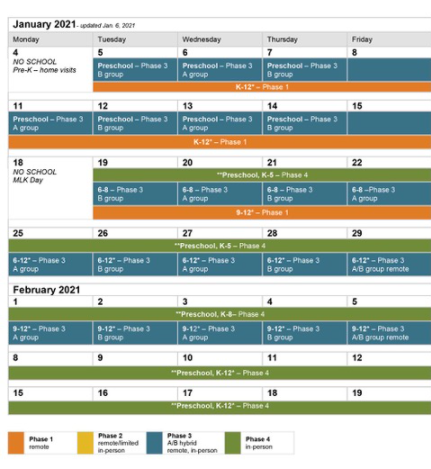
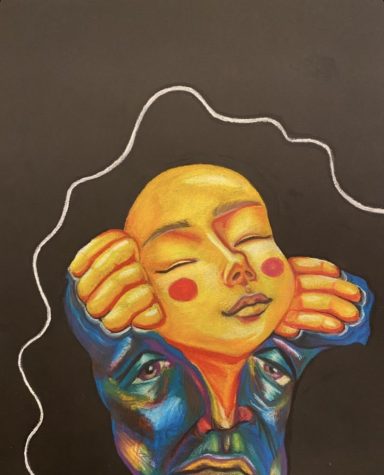

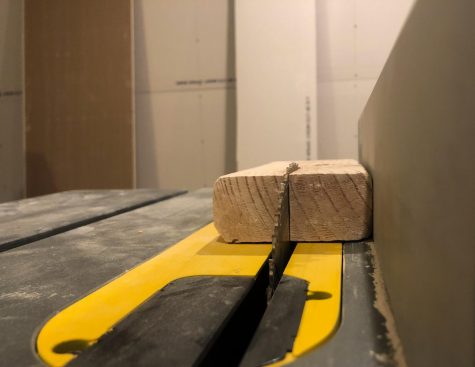
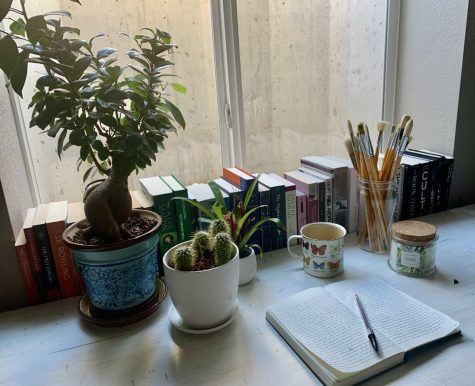


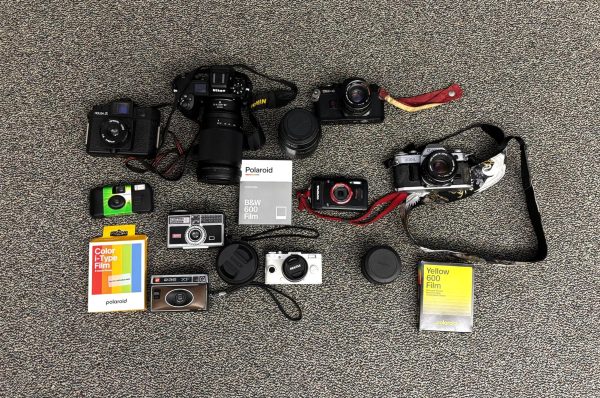
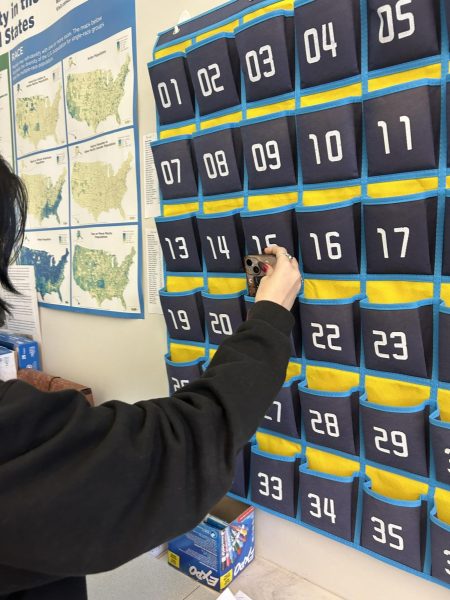

Caleb Coppin • Jan 27, 2021 at 11:18 am
So what if I am active in the world of politics but I support the United States dropping out of the Paris Climate Agreement? This article makes it seem as if those who decide not to get involved are causing the issue when, according to you, if they aren’t involved they clearly aren’t making a difference. Furthermore, what I’m gathering is that, in your opinion, people who stand on the sidelines are in the same group of people who disagree with you since no action regarding climate change is required if you support the exit of the Paris Agreement. By extension of this, people who disagree with you ARE the people who contribute little to society. In short, if I don’t take action on something because my political beliefs are satisfied, I simply don’t care about the country. Got it.
Josh Crews • Dec 16, 2020 at 10:11 am
The U.N. said last week that the United States is cutting its carbon emissions so much that we don’t need to rejoin the Paris climate agreement, so saying that America’s fight against climate change has been “halted” as a result of leaving said agreement is kinda bogus.